The Demise of Palestinian Productive Sectors: Internal Trade as a Microcosm of the Impact of Occupation
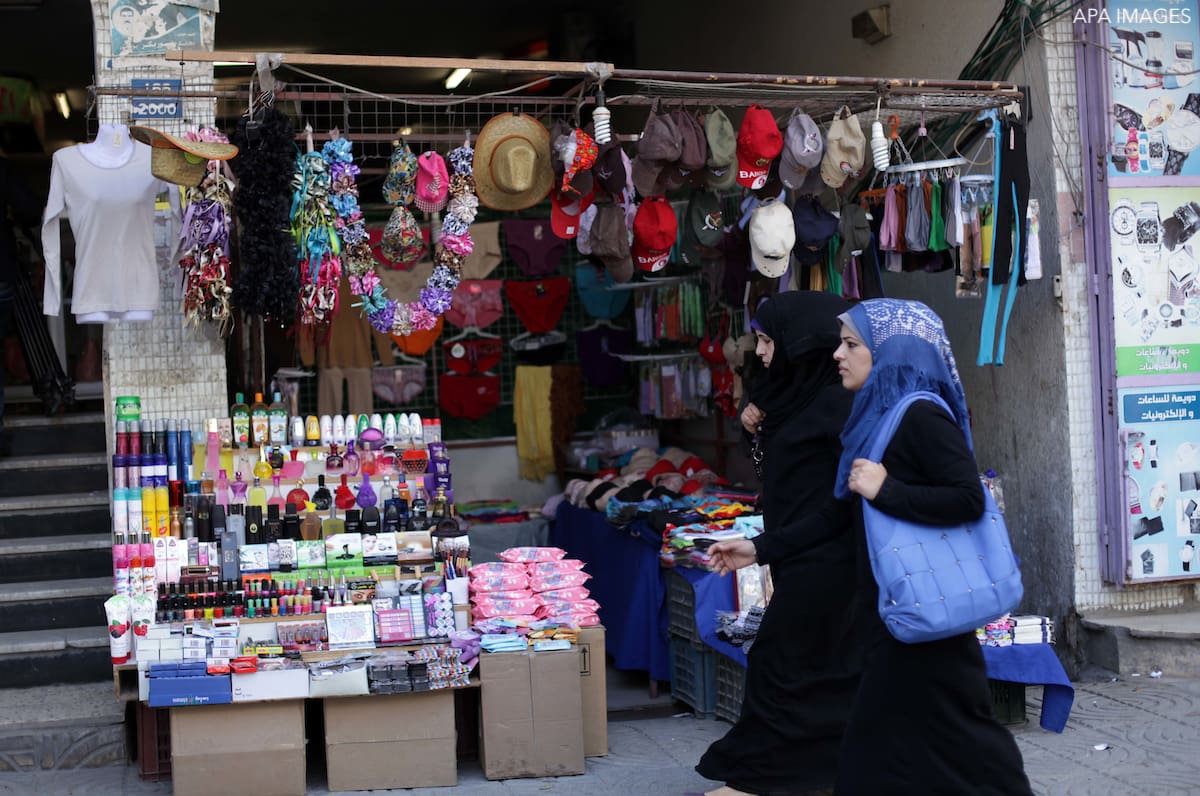
The Israeli occupation has crippled Palestinian productive sectors, leading to the dominance of internal trade in the Palestinian economy. Al-Shabaka policy analyst, Ibrahim Shikaki, examines how these structural distortions developed as a result of Israel’s oppressive economic policies since it occupied Palestine in 1967. He offers recommendations to the international community and aid agencies for how to support Palestinian economic self-determination.
YouTube’s Violation of Palestinian Digital Rights: What Needs to be Done

Palestinians are increasingly reporting that their digital rights are being violated by social media platforms, including YouTube. Al-Shabaka policy analyst, 24366, examines YouTube’s problematic community guidelines and policies, and how they are used to discriminate against Palestinian users’ content. She offers recommendations for protecting the digital rights of Palestinian activists, journalists, and human rights defenders.
Occupation in the Time of COVID-19: Holding Israel Accountable for Palestinian Health
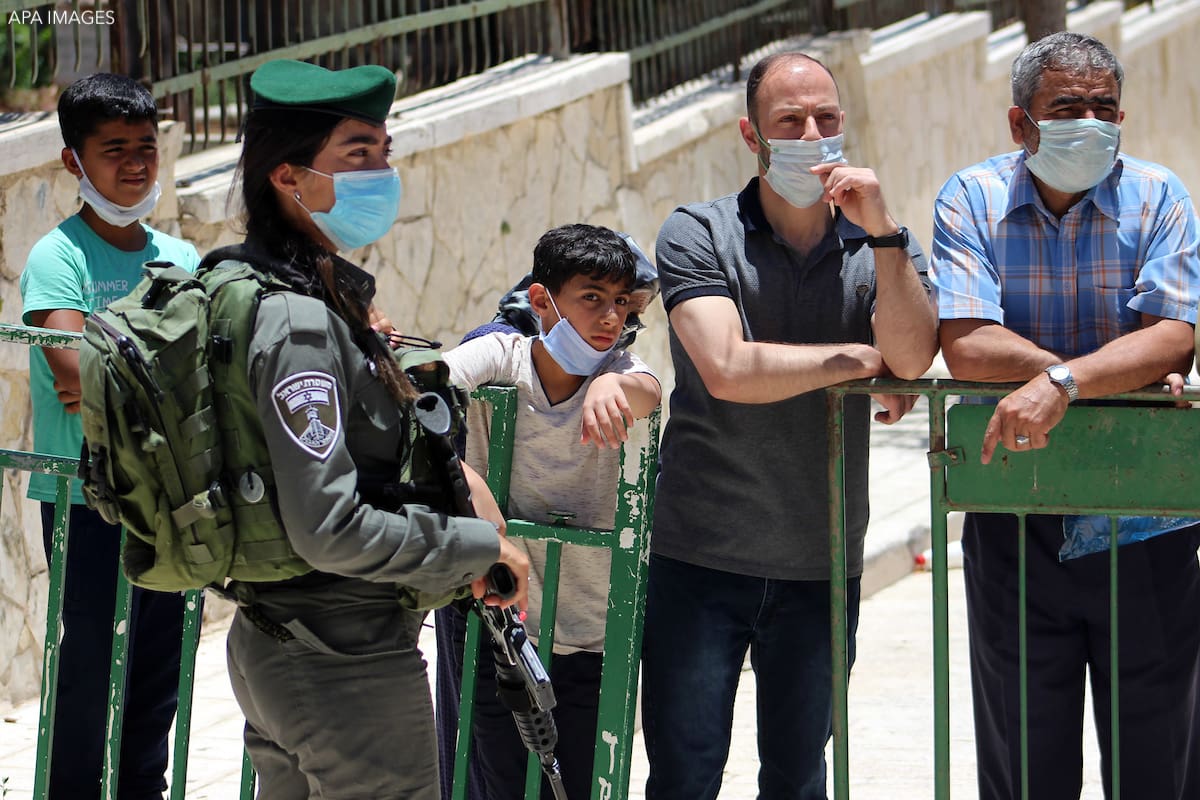
Israel has directly contributed to the deterioration of Palestinians’ health during the COVID-19 pandemic throughout the Occupied Palestinian Territory. Al-Shabaka policy analyst, Yara Asi, explores the different ways in which Israel has impacted Palestinians’ ability to respond to and mitigate the disastrous effects of the pandemic, and recommends approaches to addressing the Palestinian health crisis.
Destroying Palestinian Jerusalem, One Institution at a Time
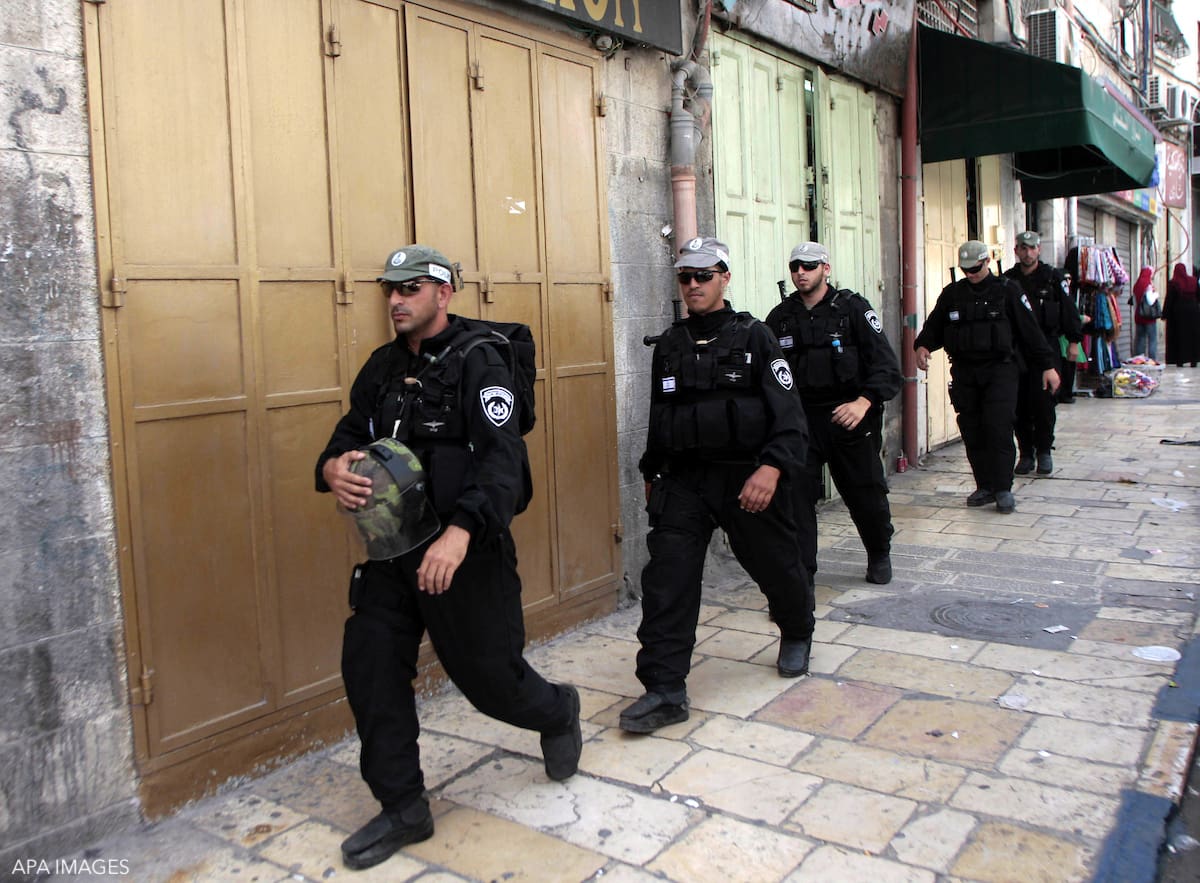
The Israeli state has actively sought to destroy Palestinian Jerusalem since its creation in 1948. Al-Shabaka’s Senior Palestine Policy Fellow, 24588, examines the July 2020 attacks on three Palestinian cultural institutions in East Jerusalem as part of the Israeli regime’s systematic destruction of the city’s Palestinian identity. She offers policy recommendations for protecting Jerusalem’s Palestinian cultural and political institutions.
Tourism in Service of Occupation and Annexation
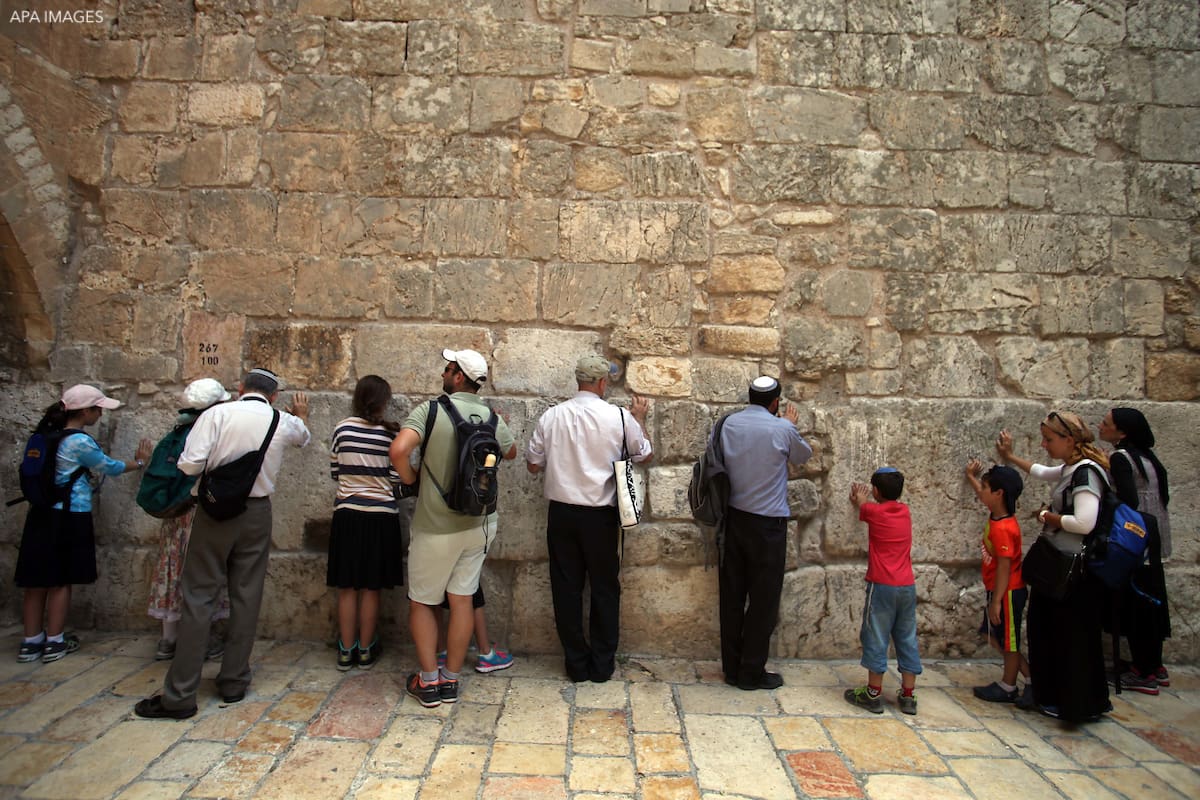
Tourism has been critical to the Zionist enterprise since the first Zionists settled in Palestine. Al-Shabaka policy analyst 24418 explores the role of tourism, and especially religious tourism, in propagating the Zionist and Israeli-state narratives, focusing on the damaging impacts of Israeli settlement tourism in illegally occupied Palestinian land. She offers recommendations for ethical tourism that promotes Palestinian rights to self-determination.
Is Israel’s Reluctance to Prosecute Suspected Criminals an Opportunity?
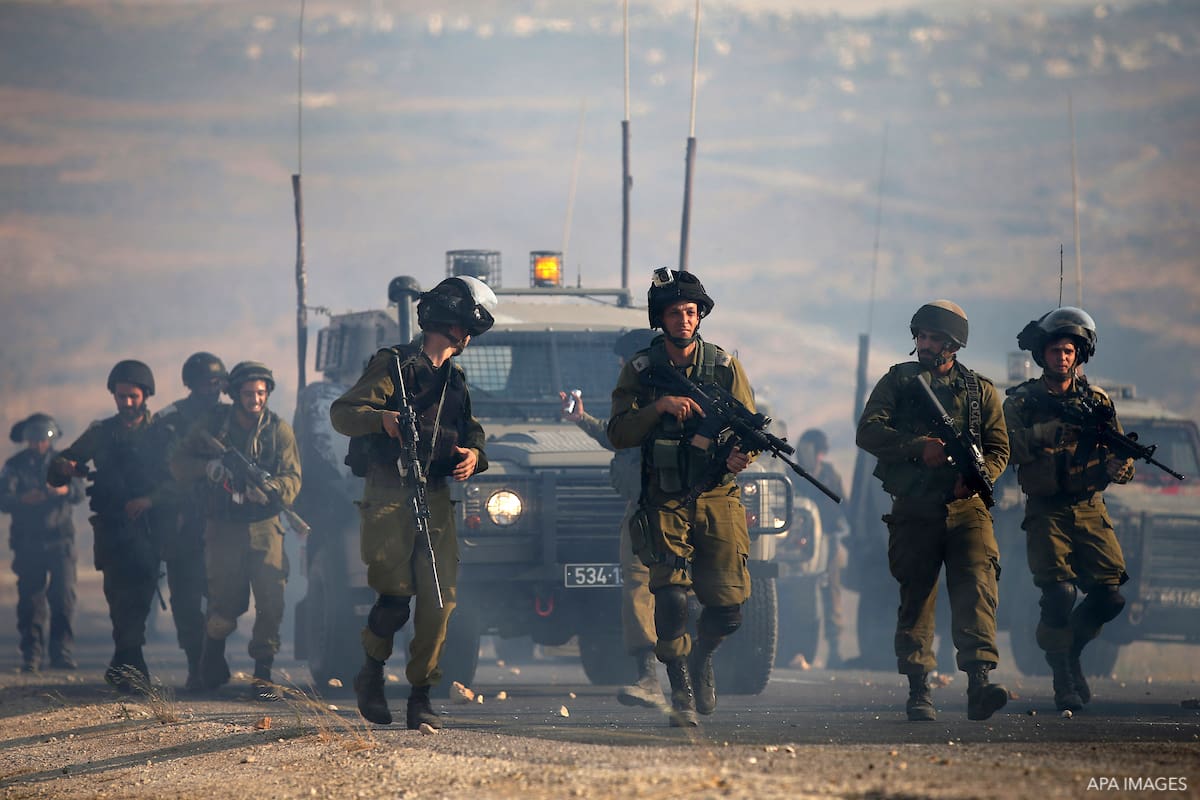
Reports that Israel is compiling lists of officials who might be arrested during travel abroad if the International Criminal Court decides to investigate war crimes in Palestine highlight the power and potential of the Court. Al-Shabaka policy analysts 24398 and 24378 discuss three key indicators that support the strong possibility of ICC intervention against alleged war criminals.
Beyond Failed Frameworks: A Re-Imagined Collective Future
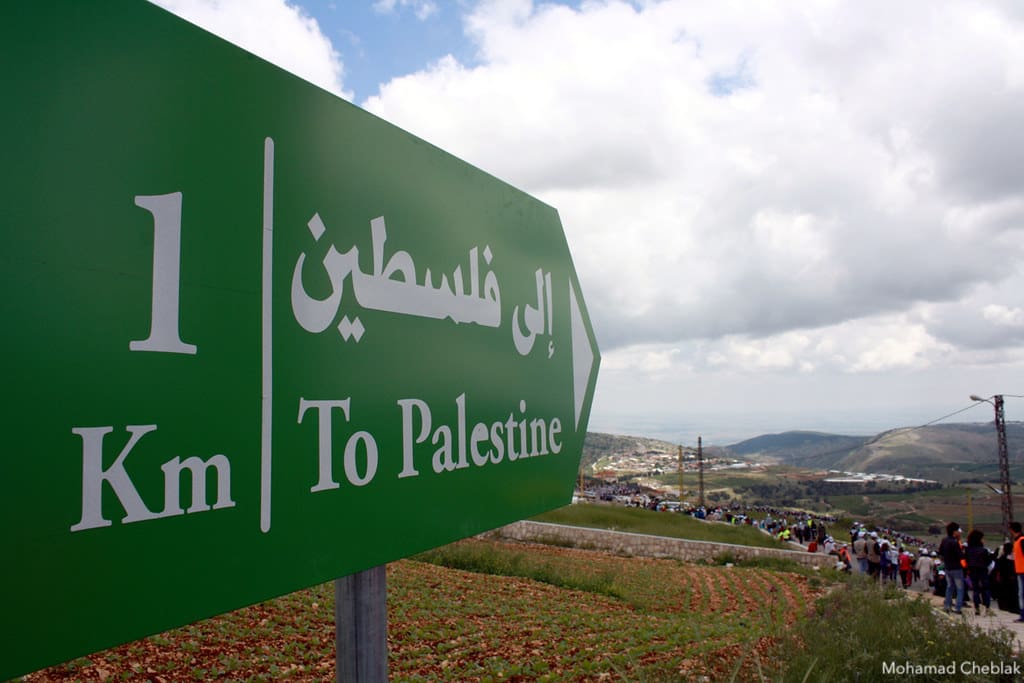
At a time of paralysis due to the pandemic and multiple Israeli violations of Palestinian rights, it is more urgent than ever for the Palestinian people to move beyond the sterile vision of a “feasible” future. Al-Shabaka Senior Policy Fellow 24588 reviews efforts to break through imposed limits and envision a revolutionary consensus.
Maps, Technology, and Decolonial Spatial Practices in Palestine
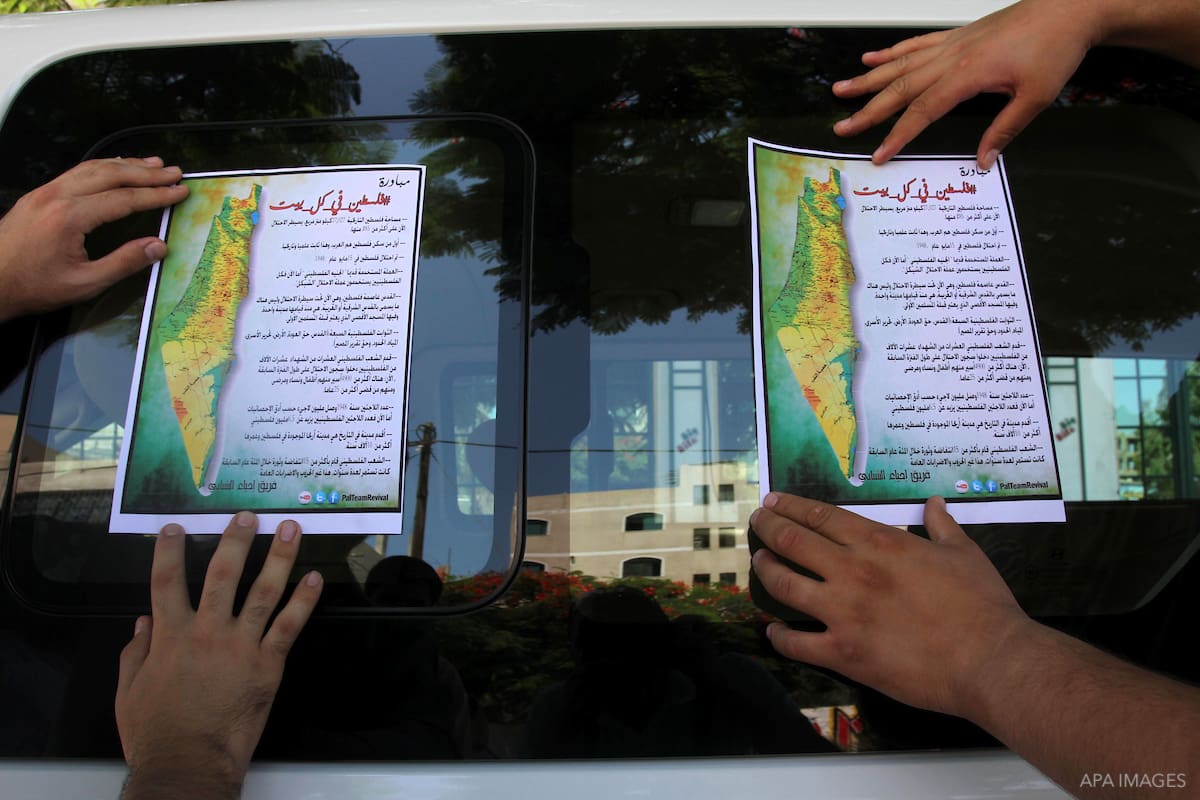
The practice of mapping in Palestine-Israel has long been an exercise in power, imperialism, and dispossession. Al-Shabaka Policy Analyst 24598 examines how Palestinians have been excluded from maps of their own land from the British Mandate to today, and explores ways that Palestinians can – and do – reclaim maps as a means of resistance.
The Systematic Torture of Palestinians in Israeli Detention
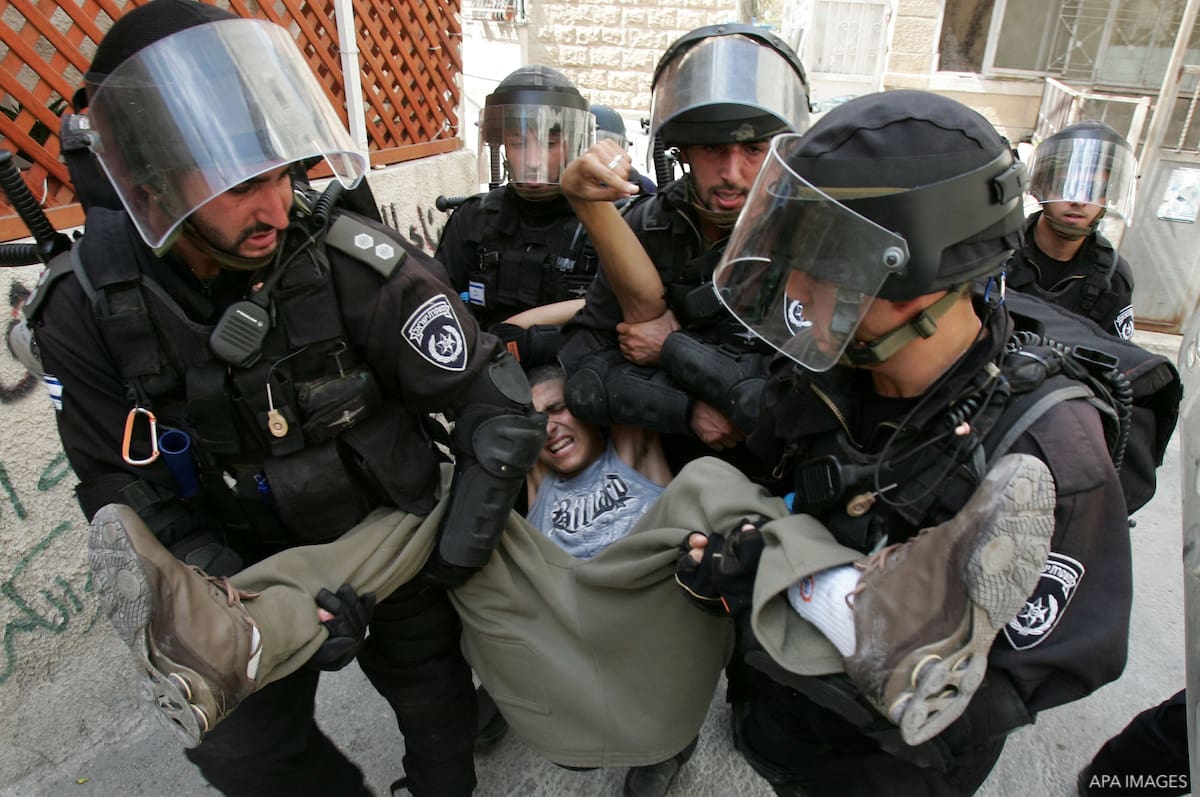
Since the establishment of Israel in 1948, the Israeli Security Agency has been torturing Palestinians. Al-Shabaka Senior Palestine Policy Fellow 24588 argues that the use of torture in Israeli detention is systematic and legitimized through domestic law, and outlines steps for the international community to hold Israel to account and bring an end to these violations.






